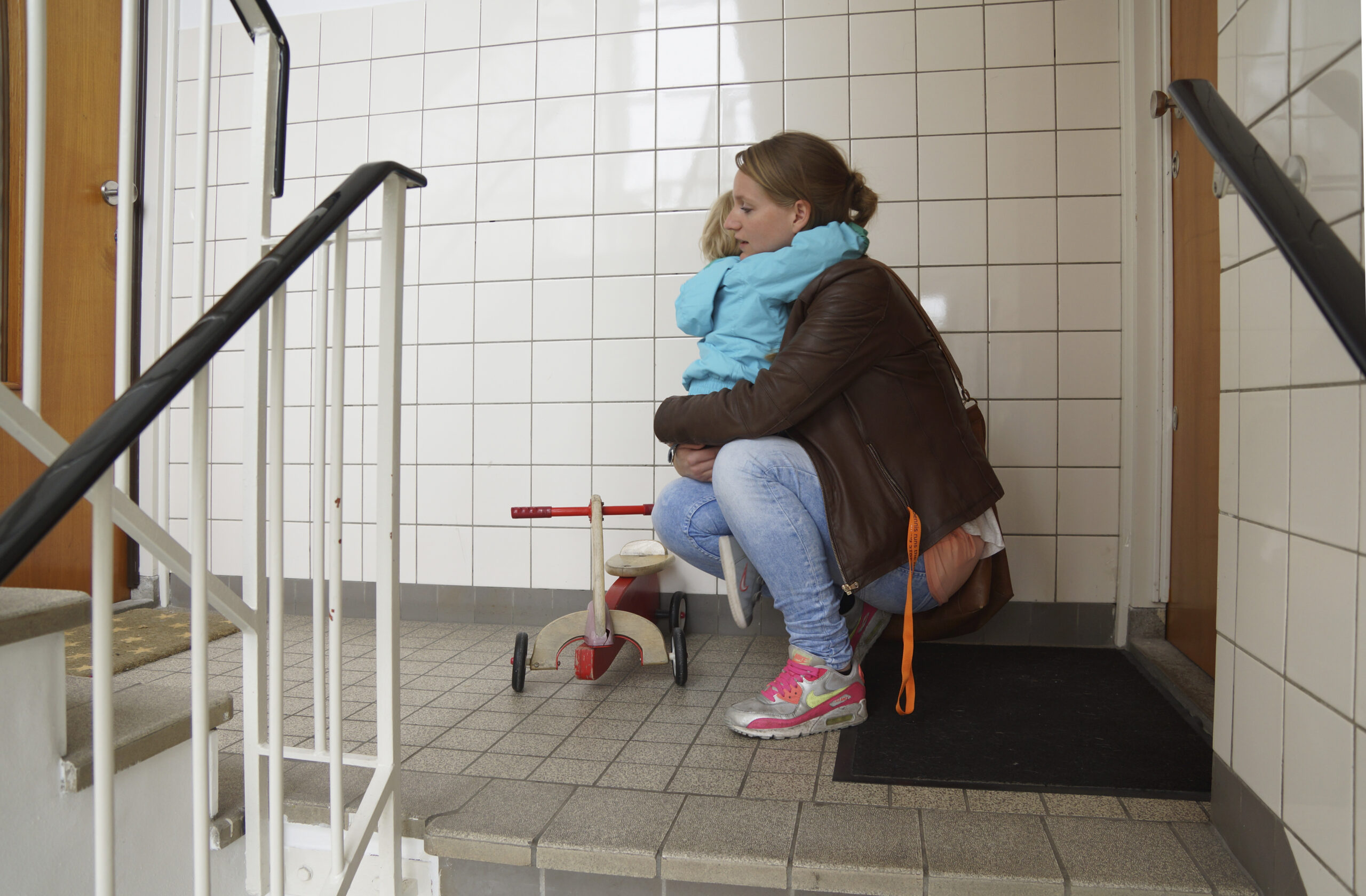“Growing inequality is worsening the parenting gap”
Interview with Fabrizio Zilibotti, Co-author of Love, Money & Parenting: How Economics Explains the Way We Raise Our Kids
Interview with Fabrizio Zilibotti, Co-author of Love, Money & Parenting: How Economics Explains the Way We Raise Our Kids
 Photo: Peter de Ruiter
Photo: Peter de Ruiter
The idea of the “parenting gap” – whereby parents from lower economic strata are often unable to spend enough time with their children – is neglected in conversations around parenting.

Fabrizio Zilibotti
Fabrizio Zilibotti, co-author of the book Love, Money & Parenting: How Economics Explains the Way We Raise Our Kids (2019), talks about the crucial influence of economic inequality on parenting decisions, in an interview with Tanmoy Goswami.
This is the central question in our book. Across the world, there are societies where getting into the “best” schools or making the “right” choices or not getting “distracted” is very important for the future success of children. All this requires the intensive involvement of parents. But when parents struggle economically – especially in societies with high inequality and poor socioeconomic safety nets – they are unable to invest this kind of time and attention in their children. This creates what we call the parenting gap.
Generally speaking, the number of hours parents spend with their children has increased significantly in the past four or five decades. But this gain has been much greater for richer families. If you compared wealthier parents with those from a lower socioeconomic status in the 1960s or 1970s, the difference in the amount of time they spent in direct contact with their children was quite small. With growing inequality, that difference has increased. This disparity in parental involvement means children from poorer families have a lower chance of doing well and climbing the social ladder as they grow up, which in turn worsens economic inequality. It’s a vicious cycle.
No, you can see the parenting gap even within advanced economies. For instance, in recent years, more educated parents in the USA have spent nearly two hours more per week with their children than their less educated counterparts.
The evidence shows that the older children get, the harder it is for parents to influence change. Of course, it’s not as if parents can’t do anything for older children. Wealthier parents can pay more for tuition or music and sports lessons, for instance. In adolescence, the importance of peer-to-peer relations increases, and one obvious way parents can influence that is by their choice of neighbourhood.
“When parents struggle economically – especially in societies with high inequality and poor socioeconomic safety nets – they are unable to invest this kind of time and attention in their children.”
In multiple ways. As some people get disproportionately wealthier, they drive up the demand for as well as the cost of education and self-improvement – from tuition fees to childcare costs to fees for music or sports lessons – making them unaffordable for poorer families. Poorer parents often must work multiple jobs to make ends meet, which leaves them both time-poor and stressed. Richer parents can pay for support such as housecleaning, which both improves their wellbeing and allows them more time to tend to their children. We also see that, in many countries, single parenthood is much more common among lower-income populations. This adds a different layer of stress.
That’s right. “Culture” can be a bit of a black box. My co-author Matthias Doepke and I have had exposure to very diverse parenting styles – in Italy, Spain, the UK, the USA, Sweden and China. There are striking differences among how parents behave not just between these countries but also within them. In each of these countries, some parents practise hands-off and permissive parenting, whereas others practise authoritarian parenting. Now, if we assume that most parents love their children and want them to be happy and successful, what explains this difference? It cannot be explained by “culture” alone – there is a strong correlation between parenting styles and families’ economic backgrounds. Psychologists have said for a long time that authoritarian parenting is more common in low-income families [Straus and Stewart, 1999]. In the book, we share data showing that in the UK, for instance, the proportion of parents who value “obedience” in their children – a defining feature of authoritarian parenting – is much higher in the lower economic classes than in the upper classes.
Stronger institutions and more informed policies. For instance, research by Nobel laureate James Heckman and others shows that programmes aimed at disadvantaged families – such as subsidised high-quality childcare, in-home support for parents, and high-quality preschool education for kids – during early childhood have a strong and long-term positive impact on children’s non-cognitive skills.
These children become more motivated to learn, less likely to engage in crime, and generally more likely to think about the consequences of their choices.
“There is a strong correlation between parenting styles and families’ economic backgrounds.”
Other policies could be macroeconomic, such as progressive taxation and income redistribution. Most of these policies aren’t as expensive as you might expect – in fact, Heckman’s research shows they can pay for themselves many times over [Heckman, 2023]. Subsidised daycare reduces the burden of other welfare policies and increases labour participation and tax revenue. Reduced crime means lower spending on prisons. And the long-term benefit of social cohesion is difficult to quantify but could be substantial. Such policies can reverse the vicious cycle that many families are trapped in by reducing economic inequality, which in turn helps reduce caregiver stress and closes the parenting gap.
All references can be found in the PDF version of this article.
See how we use your personal data by reading our privacy statement.
This information is for research purposes and will not be added to our mailing list or used to send you unsolicited mail unless you opt-in.
See how we use your personal data by reading our privacy statement.